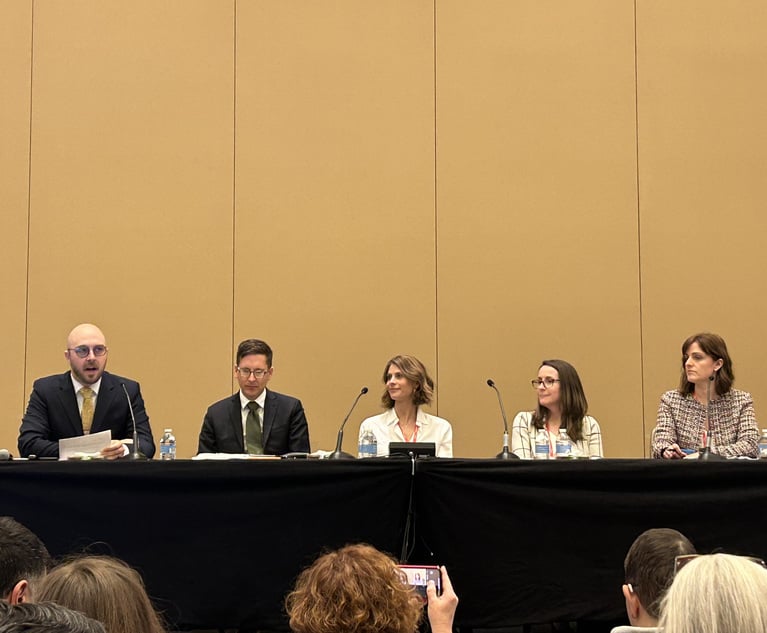In the waning days of 2018, District Court Judge Sylvia Rambo invoked a literary allusion to provide the year’s most entertaining summary of the legal status of electronic signatures:
“Plaintiff’s argument that she should not be bound by the arbitration agreement simply because she did not sign a physical paper contract is as archaic today as the notion that James Joyce is unlawfully obscene.” Keller v. Pfizer, Inc.
Judicial opinions addressing challenges to the legality of e-signatures are relatively rare—a function of the widespread adoption of e-signature combined with the effectiveness of the ESIGN Act of 2000 in confirming their legal validity. Court opinions that reference e-signature solutions often do so only in passing, as part of the facts surrounding a challenge to the enforceability of an underlying agreement rather than to the existence of a valid signature.







